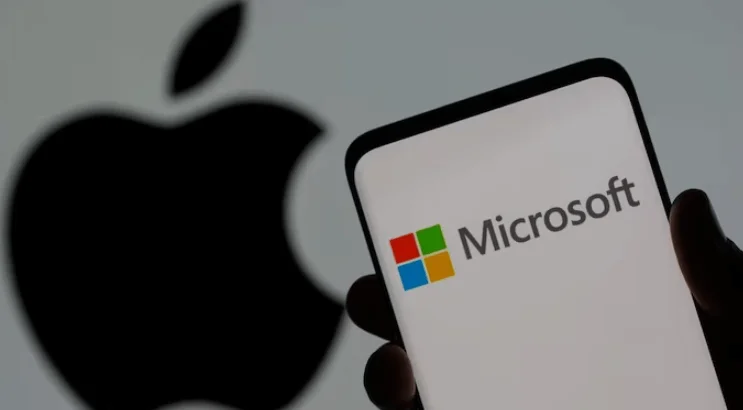
Microsoft has in the recent past advised its China-based employees to shift from using Android gadgets to iPhones for work. This directive comes at a time the relations between the United States and China are strained especially in the technological industries. The drive to transition gadgets is one-way that Microsoft has been seeking to diversify threats relating to operation in the country.
Also, Microsoft has directed about 700-800 employees that work on ML and cloud solutions to look for the job in other countries like the U. S., Ireland, Australia, or New Zealand. This action is intended to safeguard the firm and its workers as well because the US begins to limit the sale of AI to China per enhance its military and defense force given that the systems are considered as dual-use products. However, Microsoft does not retreat from China, the country in which Microsoft has lots of investments, including a large research and development centre. Its management is keen to point out that providing opportunities for the internal transfers is being cited as a routine practice of the company’s global business management.
Reasons Behind The Transition
Security Concerns
Data Security: Microsoft has expressed concern about the security risks associated with using Android devices. The Android operating system is generally open-source, making it more vulnerable to viruses and hacking. Microsoft has taken measures to address these concerns, such as requiring employees in China to use iPhones for work-related tasks instead of Android devices
Geopolitical Tensions: Increased tensions between the US and China on technology & data have probably contributed to this shift at Microsoft. Authorities are paying more attention to Chinese scholars and their relations with the Chinese government and business. This increased scrutiny might lead to the perception that iPhones are safer alternatives to Chinese-made smartphones. However, the safety of iPhones is not directly related to the monitoring of Chinese scholars by authorities.
Privacy Issues
User Data: Apple policies are very much inclined towards privacy and the security of the customers’ data. In particular, using iPhones, Microsoft empowers its employees and tries to protect corporate data from leak and theft.
App Store Policies: Apple’s tightly controlled App Store, which only allows apps on its own devices, is perceived as safer than Google’s more open Play Store. This perception stems from the lower likelihood of malicious apps infiltrating the App Store compared to the Play Store.
Regulatory Compliance:
Local Regulations: China has strict regulations regarding data storage and transfer. Microsoft’s move may also be a step towards ensuring compliance with local laws, minimizing the risk of regulatory repercussions.
Implementation Strategy
Device Subsidies: Microsoft is offering subsidies or financial assistance to its employees to ease the transition. This may include covering part of the cost of new iPhones or providing them at a discounted rate.
Data Migration Support: To facilitate a smooth transition, Microsoft is providing support services for data migration from Android to iOS. This includes transferring contacts, emails, apps, and other essential data.
Training Programs:Employees are being offered training sessions to familiarize them with iOS. These sessions cover the basics of iPhone usage, security settings, and productivity tools available on iOS.
Potential Implications
Impact on Employee Productivity:
Short-term Disruptions: There may be teething challenges during system changes as employees get used to the new operating system. Time may be incurred as employees adapt to the operating system changes. But in as much as they receive the necessary support and training, they can be prevented or their effects reduced.
Long-term Benefits: In the long run, the added security and operation with Microsoft products such as Office 365, OneDrive, etc. can replace the frequent instances of enhanced productivity.
Market Reactions:
Android OEMs: This move may negatively impact Android device manufacturers who rely on corporate clients. A change by a major client such as Microsoft may push the other corporations into reevaluating their devices strategies.
Apple: This decision will be perceived as the possible increase in Apple’s market share and strengthening company’s position as the producer of safe and suitable for enterprise devices.
Geopolitical Ramifications:
US-China Tech Relations: This design enables the phone to be hinged inwards and outwards. This gives the phone immense flexibility and use.
Local Workforce: Microsoft’s decision might also influence local tech policies and the competitive landscape in China, encouraging other companies to prioritize security and privacy in their operations.

